Sustainable breweries are becoming more popular as people become more aware of the impact their consumption habits have on the environment. As demand for sustainable products grows, so does the market for sustainable breweries.
Breweries are often leaders in sustainability initiatives due to the nature of their business. They rely on natural resources, including water and grain, to produce their product. As a result, they have a vested interest in protecting these resources for future generations.
There are a number of ways that breweries can be more sustainable, from using renewable energy to sourcing ingredients from local farmers.
Sustainable breweries are often transparent about their practices and make an effort to educate their customers about the importance of sustainability.
As a beer lover I have been amazed at the industry explosion over the past five or so years. Normally, with industries that have explosive growth you see tons of competition and perhaps even dilution of a certain product.
However, in the beer industry it has been different. With growth, we have seen more collaboration than competition, and more creativity instead of dilution. It’s also been fantastic to see sustainable breweries popping up all over the country and even the world.
Here are some great articles if you are interested in geeking out and learning more about sustainable breweries and the process.
- Making Sustainable Beer
- Sustainable Manuals – Brewers Association
- The Craft Beer Industry & Sustainability: More Than a Pint-Sized Impact
- America’s craft breweries are on an environmental crusade
As the demand for sustainable products grows, so does the market for sustainable breweries. If you’re looking to support a brewery that is making a positive impact on the environment, check out our list of sustainable breweries.
Toast Ale
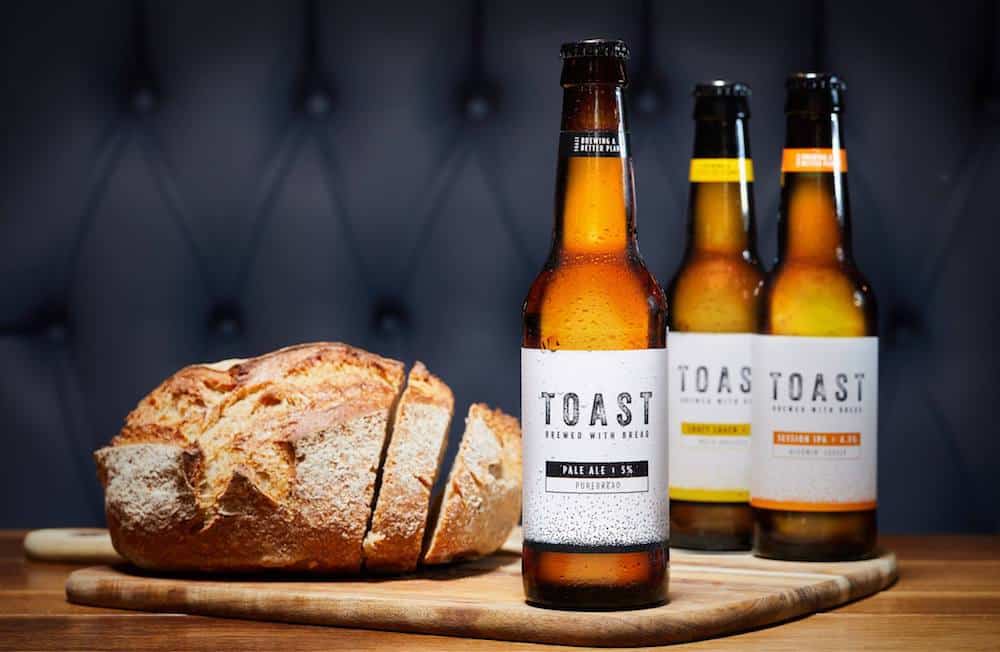
Located in London, Toast ale is made entirely from surplus bread that would otherwise by thrown away by local bakeries and supermarkets. Founder of Toast, Tristram Stuart, teamed up with Hackney Brewery to produce the new beer. Toast brews with this surplus bread and also gives 100% of profits to the food waste charity Feedback, which aims to halve food waste by 2025.
Hopworks Urban Brewery
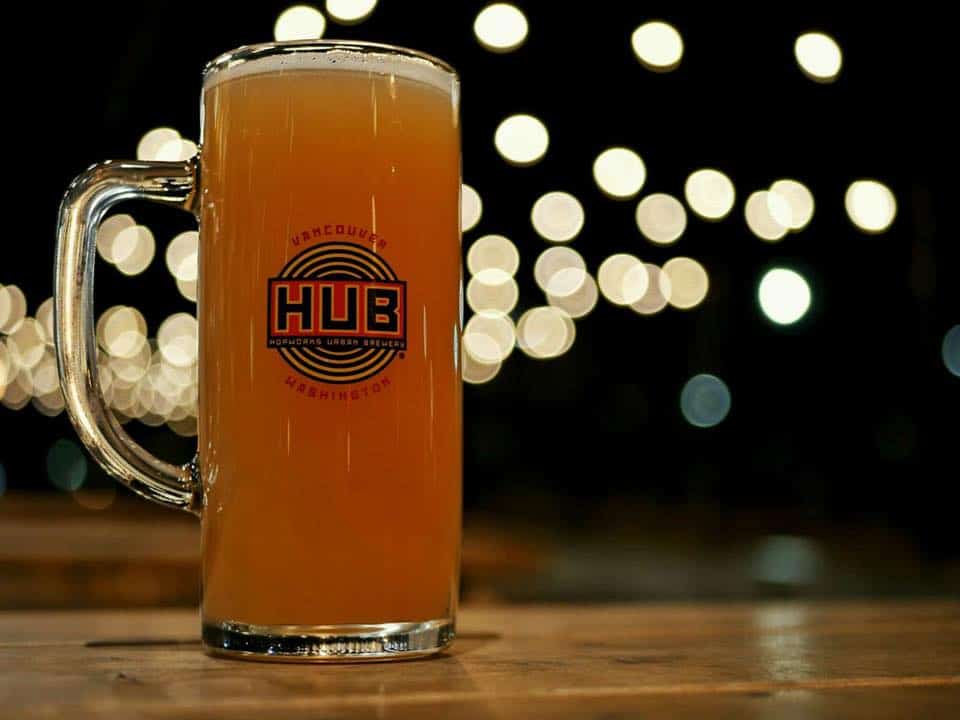
Located in Portland, Oregon, Hopworks’ mission is to innovate the brewing industry with practices that are sustainable and protect the environment. The brewery makes this happen in several ways.
Hopworks uses USDA Certified Organic and Salmon-Safe Certified ingredients. They also gives 1% of their Powell location brew pub pint sales to local charitable organizations. The huge overall mission is to continue to maintain 100% carbon neutral operations, and their zero waste initiatives.
New Belgium Brewing Company
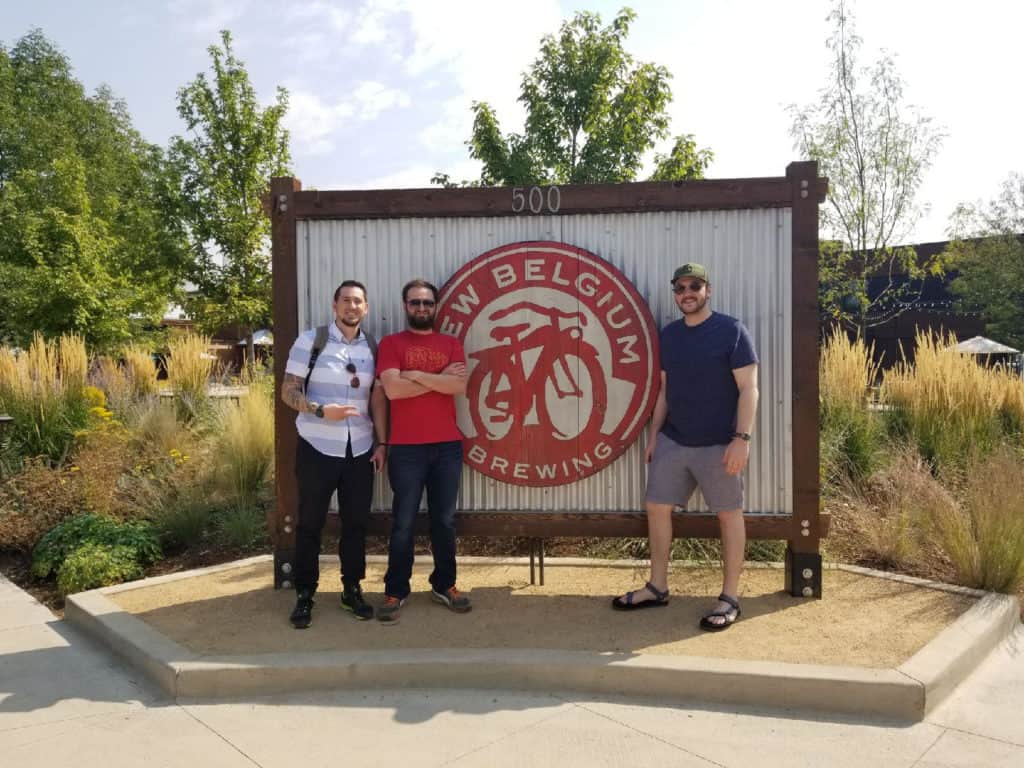
New Belgium Brewing Company is a certified B-Corp, and a 100% employee-owned brewery.
In addition to producing world-class beers, New Belgium takes pride in being a responsible corporate role model with progressive programs such as 100% employee ownership, open book management and a commitment to environmental stewardship.
North Coast Brewing Co., Inc.
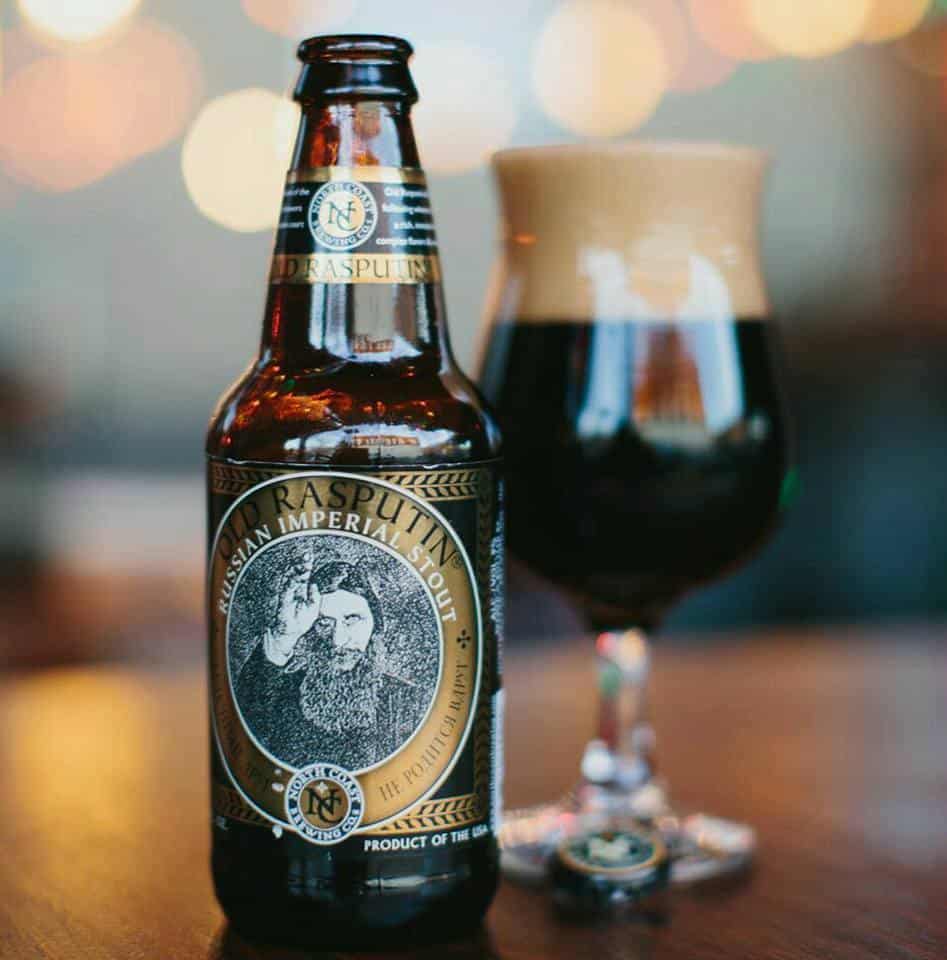
North Coast Brewing Co. is another Certified B Corp on a mission to inspire other companies to join the corporate social responsibility movement. One of the most interesting thing the company does is use renewable energy from its 83 kW on-site solar array.
Since June 2013, the solar array has produced nearly 500,000 KWH of energy.
Thats the equivalent to saving CO2 emissions from 41,682 gallons of gasoline. More than 92% of solid waste at the brewery is composted, reused, recycled or otherwise diverted from landfills.
North Coast Brewing Co has also committed to converting 100% of its pub food suppliers to Non-GMO and/or organic products.
Beau’s All Natural Brewing Company, Ltd.
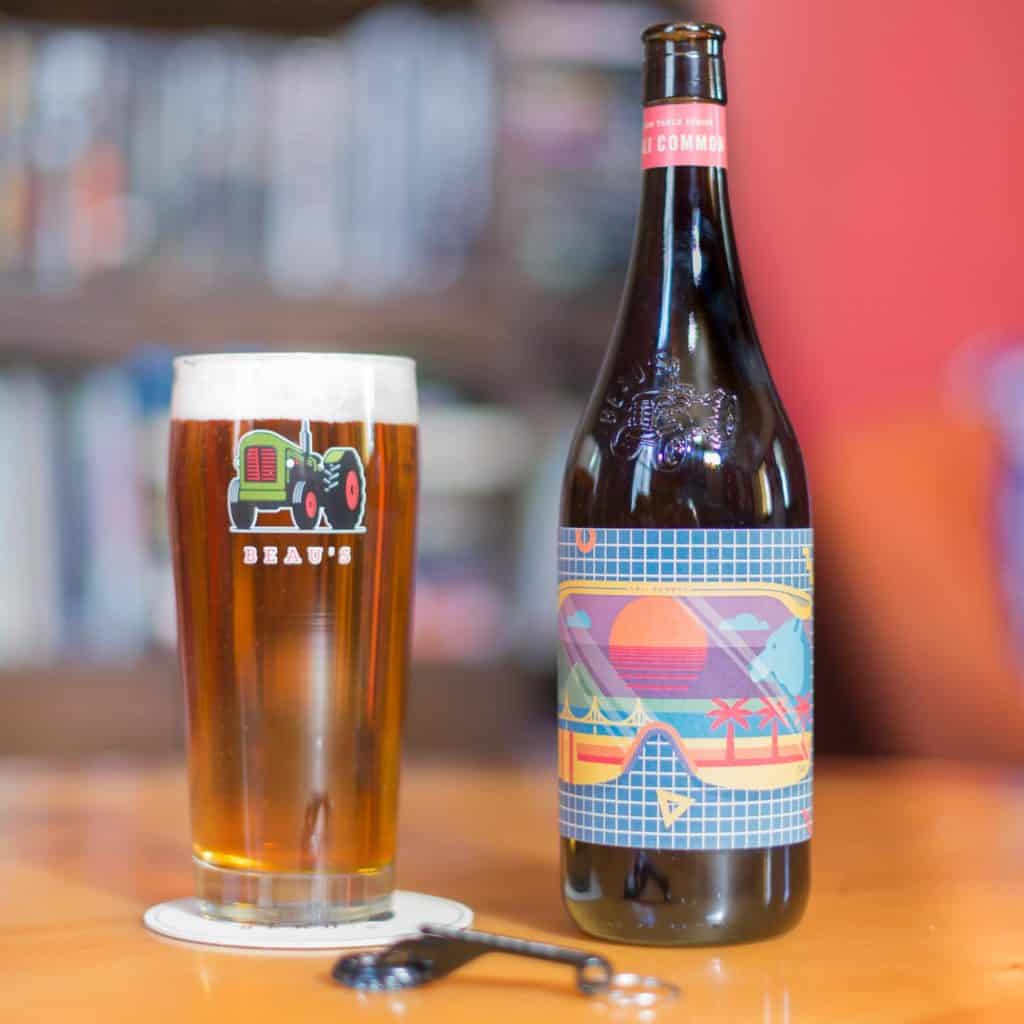
Beau’s is a family-run craft brewery, located East of Ottawa in a small town called Vankleek Hill, Ontario, Canada. They make unique beer using certified organic malts & hops and local spring water.
In October 2013 Beau’s became the first Canadian B Corp brewery. In 2014 Beau’s also became the first craft brewery in Canada to choose 100% green energy for both electricity and natural gas needs.
The brewery also uses beer labels made from 100% post-consumer recycled paper. Their award-winning 4-pack of beer features 17.3% more beer yet uses fewer bottles, caps and labels and less box than an average 6-pack.
With Operation Come Home, you can order Beau’s right to your home(check for delivery availability) and 100% of your delivery fee goes to support programs provided by OCH to end youth homelessness. Since 2006 Beau’s has donated more than $1 million to charities, community groups and the independent arts.
Brewery Vivant
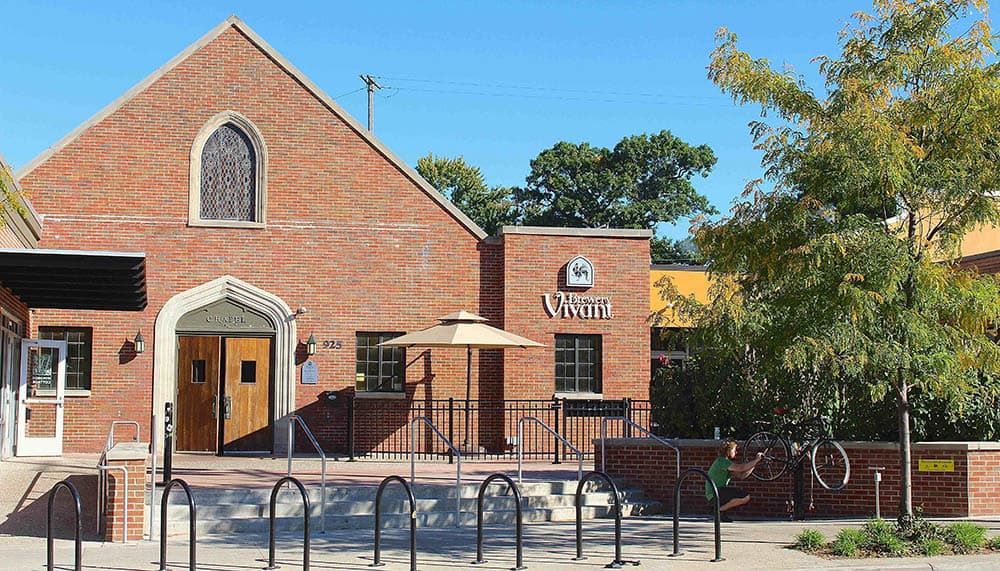
Meet the world’s first LEED certified microbrewery housed in a refurbished historic funeral home in the East Hills neighborhood of Grand Rapids, Michigan. A clear leader in the space, Brewery Vivant has incorporated many things to help us reduce, reuse and recycle.
Since opening in 2010, Brewery Vivant has published an annual sustainability report titled “Beer the change”, which documents their progress towards 12 sustainability goals. Some of those goals include producing zero waste, 90% of expenses with local suppliers, 10% of profits to charities and 200 volunteer hours.
Boulevard Brewing Co.
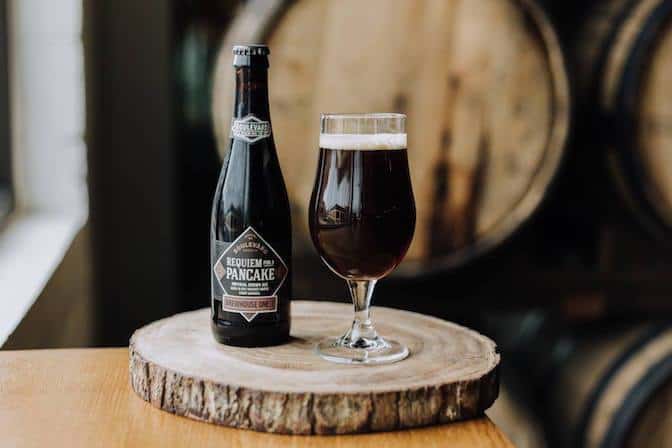
In the fall of 2010, Boulevard began the process of becoming a zero landfill company. In early 2011, the last dumpster was removed from the main brewing facility.
The brewery now recycles or composts almost all of its “waste” with a variety of local companies. The fraction that can’t be recycled or composted is incinerated by a local cement manufacturer to generate energy.
All of Boulevard’s cartons are produced using 70% post-consumer recycled paper, and all are 100% recyclable.
The breweries case trays contain 100% post-consumer material, and are also 100% recyclable.
Moreover, the green roof on their brewhouse and packaging building reduces the heating and air conditioning loads by increasing the insulation value where it is needed most on the roof.
This allows the surface to absorb rainwater, thus reducing runoff, while sustaining a variety of plant life.
The plants, in turn, lower the overall thermal footprint of the building, absorb CO2, and produce oxygen, all positively impacting the quality of life in the surrounding area.
Listen to our Causeartist podcasts here.
Latest Post:
- What are Plant Based Fibers
- 7 Sustainable and Eco Friendly Floss Options
- Anshul Magotra: How Social Innovation Circle Supports Impact Entrepreneurs
- Causeartist Brief – U.S. Department of Energy x Google, Bezos Centers for Sustainable Protein, Oregon Biochar Solutions
- Evidencity: Pioneering the Fight Against Modern Slavery Through Tech








